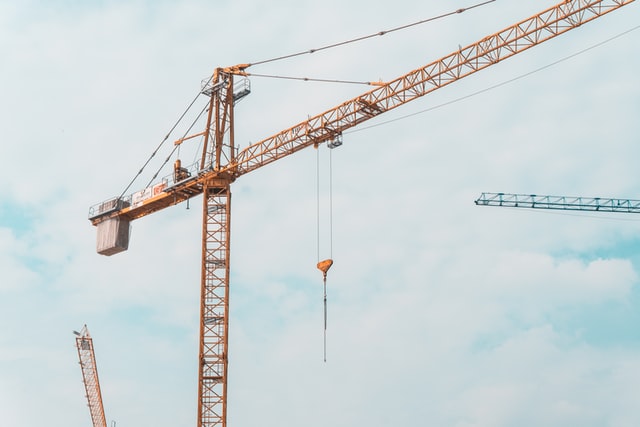|
By Attorney Edward Jesson
In January of this year, the North Carolina legislature passed some significant changes to North Carolina’s mechanics lien laws that went into effect on March 1, 2022. The main changes to the law make void and unenforceable contractual provisions requiring lien waivers as a condition for progress payments, modify the attorneys’ fee provisions contained in the lien statutes, and affect the design-build contracting process. Chapter 22B of the North Carolina General Statutes, titled “Contracts Against Public Policy,” has been amended to include a new Section 22B-5, which provides that requiring someone to submit a waiver or release of lien as a condition to receiving progress payments under a construction agreement or design professional agreement are void and unenforceable unless limited to the progress payments actually received in exchange for the lien waiver. In other words, broad blanket lien waivers in exchange for progress payments are now unenforceable unless the lien waiver is specifically drafted and narrow enough in scope to only apply to the money actually being received by the party applying for payment. The attorneys’ fee section of the mechanics lien statutes has been updated to specify the method that the court or arbitrator must use to determine which party is the “prevailing party” in circumstances where attorneys’ fees may be at issue. Instead of the Plaintiff in a lawsuit having to obtain a judgment of at least 50% of the amount it claimed, which was the case prior to March 1, the court or arbitrator will look to the party whose monetary position at the beginning of the trial is closest to the amount of the final judgment or arbitration award. The new statute also specifically allows the court or arbitrator to look at several factors, including the economic circumstances of the parties or whether one party unreasonably exercised its superior bargaining power (e.g., a very wealthy general contractor working with a relatively small subcontractor). This process, while a big change to the existing law, should have the effect of giving much more certainty when evaluating whether the court or arbitrator is likely to grant attorney’s fees when it comes time to try a case. The changes to the design-build process only appear, at this time, to affect the design-build process as it applies to State funded projects. The changes include adding statutory definitions for “design builder,” “design professional,” “first-tier subcontractor,” “licensed contractor,” “licensed subcontractor,” “unlicensed subcontractor,” “costs of the subcontractor work,” “general conditions,” and “key personnel.” The changes also now require design builders responding to requests for proposals from the government to select their project team by one of two methods that are outlined in the new law. Furthermore, the law makes some changes specific to the bidding process for publicly funded bridging contracts and makes it clear that the requests for proposals public notice provisions require the owner to provide a list of general conditions for which the design builder needs to provide a fixed fee in its response to the proposal. This is not an exhaustive list of the changes that have been made, but given the nature and number of changes to the public design-build process, it is important to carefully review these new requirements prior to bidding on publicly funded design build projects. These new laws will have a significant impact on many contracts used in North Carolina, litigation over attorneys’ fees in lien claims, and those design-builders engaged in the public bidding process. Should you require assistance with any of these changes, please do not hesitate to call Jesson & Rains.
0 Comments
Your comment will be posted after it is approved.
Leave a Reply. |
Subscribe to our newsletter.AuthorKelly Rains Jesson Categories
All
Archives
July 2024
|
|
SERVICES |
SUPPORT |
©Jesson & Rains, PLLC ALL RIGHTS RESERVED.


 RSS Feed
RSS Feed

